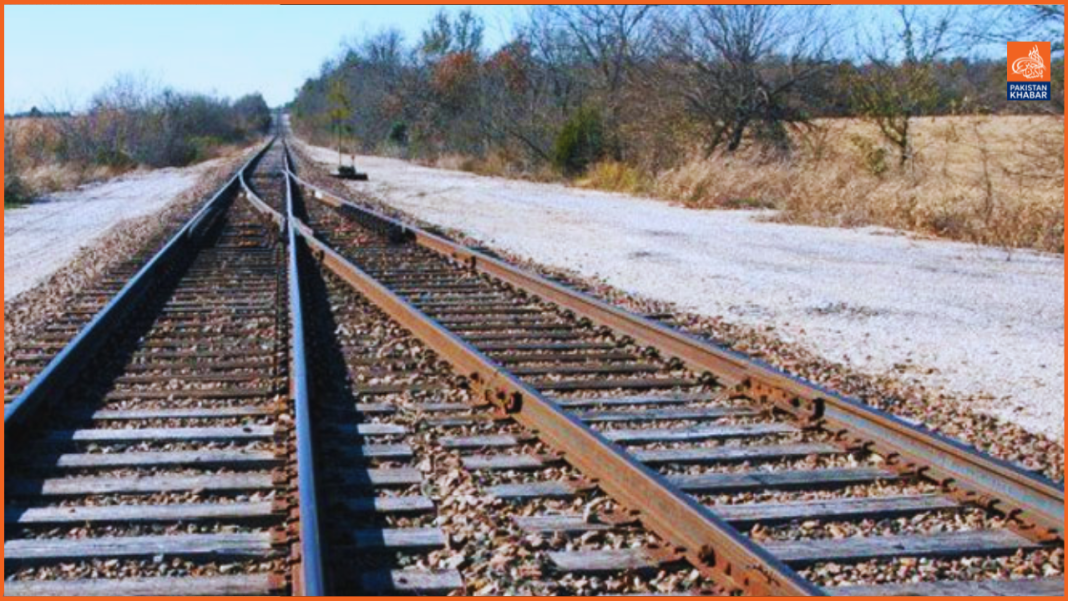Pakistan and China have reached a consensus to divide the $6.8 billion Mainline (ML-1) railway project into two distinct phases, as reported by sources familiar with the negotiations. This decision comes as both nations aim to streamline the project’s execution and financing.
According to officials from the finance ministry, the two countries will formalize separate agreements for Phase I and Phase II of the ML-1 project. Phase I, estimated to cost around $3.2 billion, is slated to commence as early as next month. Prior to solidifying the agreement for Phase II, a feasibility study will be conducted following the completion of the first phase to ensure its viability.
The first phase will focus on constructing the railway line from Karachi to Hyderabad, with an extension from Hyderabad to Multan. Meanwhile, Phase II will further extend the railway track from Multan to Peshawar, enhancing connectivity across key regions in Pakistan.
As part of the financing strategy, officials aim to finalize the terms and conditions for funding with their Chinese counterparts this month. The long-term financing for Phase I is expected to be sourced from China, with Pakistan seeking a low-interest loan to facilitate the project’s financial requirements.
Initially, Pakistan had engaged in discussions with China to secure the entire $6.8 billion for the ML-1 project. However, the negotiations for a unified financial arrangement fell through, prompting the decision to segment the project into manageable phases. The ML-1 initiative encompasses the rehabilitation and modernization of the Karachi-Lahore-Peshawar railway line, forming a crucial component of the China-Pakistan Economic Corridor (CPEC), which spans approximately 1,872 kilometers. The previous government, led by the Pakistan Muslim League-Nawaz (PML-N), had also opted for this phased approach due to the project’s significant costs and the extensive work required for the railway’s renovation and expansion.




